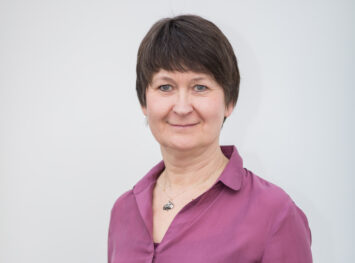Fostering refugee integration at the local level by creating intersectional cooperation network between municipalities and nongovernmental organisations
2016/08/18
The project “Fostering refugee integration at the local level, creating intersectional cooperation network between municipalities and nongovernmental organisations” comprises the activities that will build the competence and capacity in the municipalities to participate into refugee integration related processes by creating intersectional coordination structure, which will encompass nongovernmental organisations (working in the area of refugee integration) and local governments (the municipalities that have higher number of refugees).
Project activities
- Study visits and the development of intersectional cooperation model. Representatives of partner organisations from Lithuania will have a possibility to get acquainted with the daily activities and coordination practices in the municipalities of the Nordic countries. The purpose is to learn the best practices in the refugee (local) integration field and draft the model, which will foster intersectional cooperation at the local level in Lithuania. The partner organisations from Lithuania will collect best practices and initiatives from the Nordic countries and conduct a gap analysis as well as needs assessment to prepare and implement intersectional cooperation model in Lithuania;
- Training and working seminar. The training in different municipalities will be organised on the key topics of refugee integration at the local level. During the training the partner organisations from Lithuania will introduce the model to all stakeholders and foster its implementation. The main stakeholders (municipalities and NGOs) will discuss the major obstacles and incentives of implementation of intersectional cooperation model. At the later stage, there will be an attempt to sign the Memorandum to ensure visibility, sustainability and functionality of the model.
Baltic-Nordic conference on sharing practices and experiences of coordination of refugee integration processes at the local level in the Nordic and Baltic countries.
